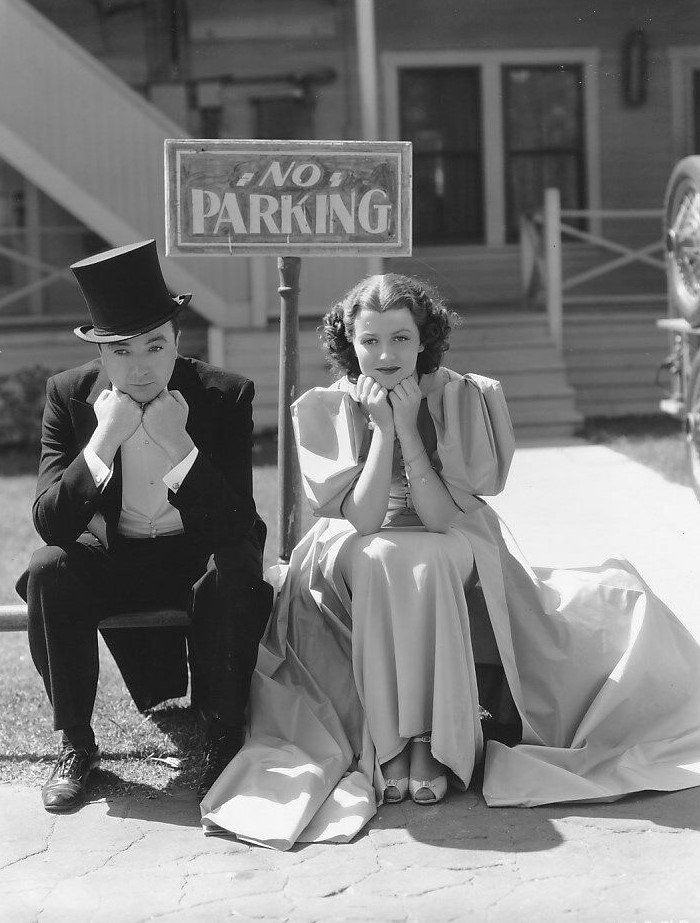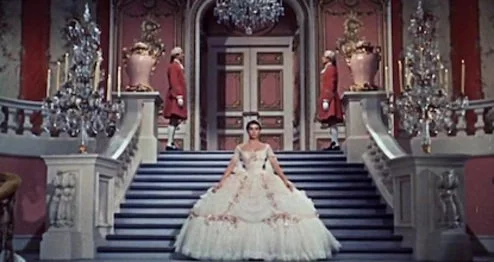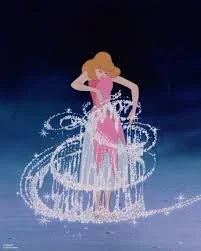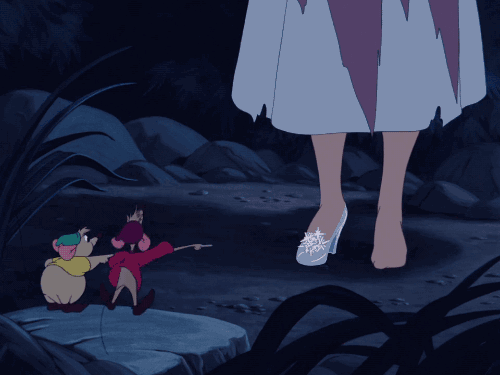This one isn’t about writing, but it is about women in a creative field.
Emma Rigby (shout out to those Hollyoaks fans - which I’m really not, but I liked her in Once Upon a Time in Wonderland) is Angie, a woman who runs a successful catering business belonging to her uncle. The problem is that she shares business with a lazy, gold digging cousin Candace and she won’t be able to get full control until Candace is married. This is Candace’s rule and their uncle has no clue that Angie does all of the work. Also, I’m fairly certain they live in the Matthews house from Boy Meets World.
They cater a party for the wealthy businessman, Nikolaus Karmichael (according to imdb that’s how it’s spelled), who desperately wants to run his family company his own way or start his own company with his inheritance. However, he can’t have control of his inheritance until he’s married. I know, it all sounds like the film takes place in 1904, but it’s supposed to be 2016. Anyway, Candace suffers from a facial peel mishap and can’t attend the Christmas function as a guest (Nikolaus invited her for some reason), so Angie of course goes in secret because it’s a masked ball! Always with the masked balls. I do like the game they place at the ball where attendees bring a stocking with items related to their personality. The anonymous stockings are hung on a tree to be picked out by other people and then they have to match who they belong to. Naturally, Angie and Nikolaus choose each other’s stockings and hit it off, only for Angie to run back to the kitchens before the unmasking.
All of this is hinted at being the mastermind of Zelda, a dress shop owner in town played by Mindy Cohn. You know, Natalie, from the Facts of Life. Mrs. Garrett must’ve taught her to butt her nose into people’s love lives.
The ball happens in the first thirty minutes of the film, which was a nice touch instead of dragging out the abuse she’s suffering from her cousin. Oh wait, now we have to fill up the other hour of the film with Nikolaus’s gross marriage proposal. That’s right, he does the actual fairy tale thing and proposes to the woman the Christmas stocking belongs to. He hires Angie and Candace to plan a Christmas Eve wedding in hopes that his mystery woman shows up.
Angie discovers that Nikolaus drives her nuts and agrees to trick him into thinking that Candace was her at the ball. Of course, this is Candace’s plan and she tries to behave like Angie leading up to the wedding. And so the story turns into Cyrano. Candace wears an earpiece on her dates with Nikolaus and Angie feeds her what to say while realizing he’s not such a bad guy. He also starts to realize that Angie is the one he gets along with and worries about Candace’s type A behavior. And thank the Hallmark Christmas movie gods that Nikolaus is not a complete moron. He figures out with almost thirty minutes left of the story that Angie is who he met, but is upset that she cares so little for him that’s she’d let him marry Candace. That’s a legit upset.
SPOILERS!
Angie’s friends, who are barely in the film, turn on Candace’s microphone so everyone at the wedding hears her and Angie argue about the business and Nikolaus. Nikolaus (who doesn’t hear any of this) tests Candace by proclaiming that he will give up the inheritance and calls off the wedding based on her negative reaction. His mom then tells him that he’s earned his inheritance without getting married because he’s shown maturity. Apparently, she let’s him help run a multi-million dollar company, yet does not trust him to spend his own money. Angie’s uncle also apologizes because he feels like her and Candace constantly lying to him makes him a bad father. They are two grown-ass women! You aren’t responsible for their actions, man. Candace also gives Angie a bullshit apology of being jealous of her. Then Nikolaus shows up and he and Angie go to be young, hot entrepreneurs together. The end.
Things that were super annoying in this made-for-cable Cinderella holly, jolly schlock were Emma Rigby’s American accent, the use of Christmas phrases as swear words, and the over sentimentally of the dialogue. What I loved besides the stocking game - Angie quotes Oscar Wilde.












